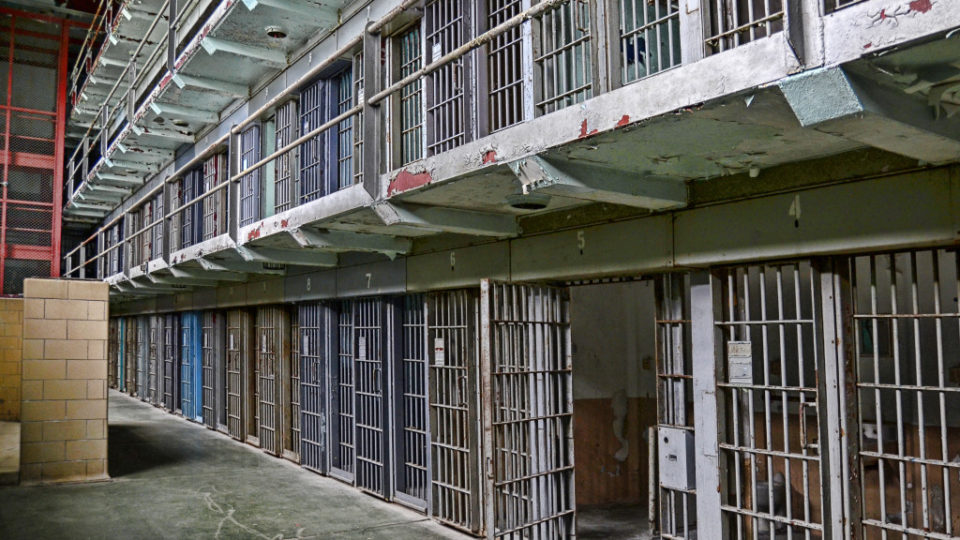Last Saturday’s raid on Sukamiskin Prison in Bogor by the Corruption Eradication Commission (KPK) shockingly revealed that prisoners at the penitentiary were bribing the warden and other prison officials for luxury cell suites with hotel-like accommodations including AC, flat screen TVs, computers, refrigerations and even private keys to come and go as they pleased.
Of course, “shocking” is a relative term and for many the evidence found by the KPK was only shocking in the sense such practices were still going on at the prison despite both numerous raids in the past revealing similar levels of shameless corruption and prior promises of prison reform by the government that clearly had gone unfulfilled.
But, after this latest scandal, the government seems to have realized that creating special prisons just for corruption convicts (as Sukamiskin and a few other Indonesian prisons are currently designated) greatly increases the chance of corruption in the prison. After years of anti-graft advocates demanding the government shut them down, the Ministry of Justice and Human Rights says it is planning to stop sending corruptors to special jails as part of a major overhaul of the prison system.
The head of public relations for the ministry’s directorate general of of corrections, Ade Kusmanto, said the plan is to no longer designate prisons such as Sukamiskin as only for corruption convicts. Instead, all of the country’s penitentiaries will be reclassified based on four security levels: minimum, medium, maximum security and super maximum security.
Ade said that prisoners would no longer be sent to prisons based on the nature of their crime but instead an evaluation of their danger to other prisoners and their likelihood of recidivism.
“Those who have a higher tendency to endanger others or repeat their actions will be placed in higher security facilities,” Ade told the media yesterday as quoted by Tempo.
Ade also said that prisoners could be transferred to lower security facilities if they showed improved behavior and vice versa, with regular assessments being done by correctional officers. In this way, Ade said the focus on the overhaul was on motivating prisoners to improve themselves while also ending abuses of power and corruption.
Saturday’s raid by the KPK led to the immediate arrest of Sukamiskin’s warden and five others, as well as calls for Minister of Law and Human Rights Yasonna Laoly to step down. Anti-corruption activists and almost all politicians denounced the flagrant corruption in the penal system and demanded that major reforms be made to prevent such violations from happening again (with the notable exception of a few critics such as Deputy House Speaker Fahri Hamzah, who defended Sukamiskin as the country’s most “humane” prison and argued that, “People detained for years need entertainment too.”)




